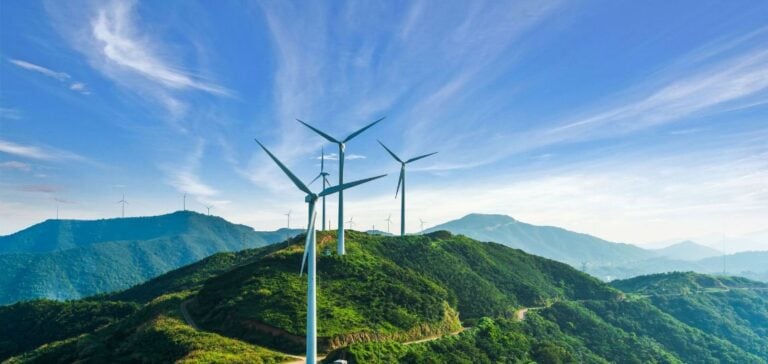Nearly 200 countries, gathered at COP28 in 2023, committed to significantly strengthening their energy efficiency. However, one year later, the International Energy Agency (IEA) laments that these ambitions are far from being achieved. According to a report published by the IEA, global energy efficiency is expected to improve by only 1% in 2024, a figure similar to that of 2023 and well below the 4% target needed by 2030.
The concept of energy efficiency is about reducing the amount of energy required to achieve an equivalent level of production. This approach is essential in the framework of the carbon neutrality scenario by 2050, an ambitious goal where efficiency improvements could account for over 70% of the reduction in global oil demand and 50% for natural gas by 2030, according to the IEA.
Progress Stalled by Insufficient Measures
Despite the initial progress driven by the global energy crisis, the momentum for energy efficiency has slowed, notes the IEA. In many regions, decisive measures are lacking to meet established goals. Nearly half of the buildings worldwide still do not have clear requirements for energy efficiency, representing a significant missed opportunity for energy savings.
Another critical point raised by the IEA concerns electric motors, widely used in industrial and domestic sectors. Currently, only three out of five motors are subject to minimum energy performance standards, even though they constitute a major part of global electricity consumption.
Available but Underutilized Technologies
The IEA reminds us that the technologies needed to improve energy efficiency are already available and accessible. Among them, heat pumps and electric vehicles are cited as concrete examples of technologies that can significantly reduce energy consumption compared to traditional solutions. However, their adoption remains too slow and uneven, mainly due to a lack of robust regulations and incentive policies.
Fatih Birol, Executive Director of the IEA, emphasizes the need for governments to reinforce their commitments and accelerate the implementation of appropriate policies. “What we hope to see now are faster and stronger policy responses worldwide,” he states in a press release.
Response from the Ember Think Tank
Dave Jones, head of the perspectives program at the think tank Ember, shares the IEA’s concerns. According to him, energy efficiency is crucial for reducing overall energy demand, an essential factor if we want to gradually move away from fossil fuels. “It will be very challenging to abandon fossil fuels if global energy demand increases uncontrollably,” he stresses, highlighting the importance of strengthening energy efficiency policies worldwide.
Key Issues at COP29
COP29, to be held in Azerbaijan from November 11 to 22, 2024, will focus on climate finance. Although centered on financial mechanisms to support the energy transition, this conference provides an opportunity for governments to adopt concrete commitments to accelerate energy efficiency. Expectations are high, with the IEA and other observers hoping that global leaders will respond to the urgency of the situation with significant actions.





















